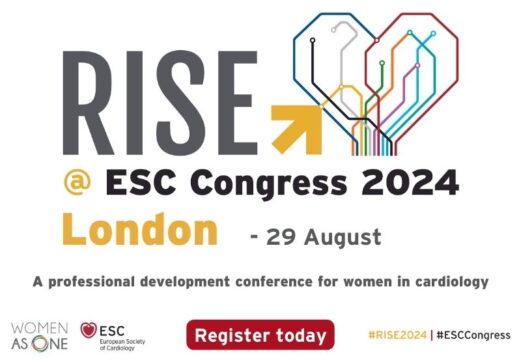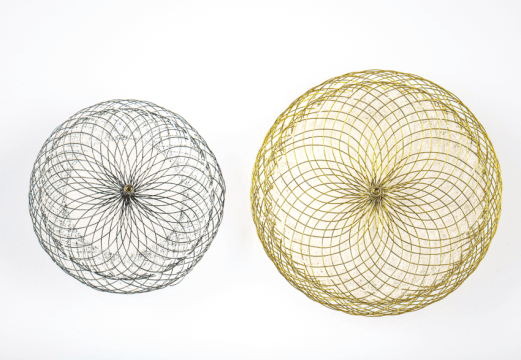Original title: Comparison of Two Antiplatelet Therapy Strategies in Patients Undergoing Transcatheter Aortic Valve Implantation. Reference: Eric Durand et al. Am J Cardiol 2013, et al.
Percutaneous aortic valve replacement has been shown to be superior to medical treatment in inoperable patients and not inferior to surgery in high-risk patients. Anti-platelet therapy in these patients is usually aspirin (75-100 mg /day), clopidogrel (300 mg loading dose followed by 75 mg / day for 1 to 6 months) , however this scheme is fully empirical, and the prime strategy in contradiction of the ischemic risk event with bleeding is still unclear. This multicenter prospective study included 292 patients in order to compare the risk /benefit of dual anti aggregation (aspirin plus clopidogrel, n = 128) versus a single drug (aspirin or clopidogrel, n = 164) in patients undergoing percutaneous aortic valve replacement.
The single-drug group was younger, with further history of coronary disease, previous cardiac surgery, peripheral vascular disease and chronic obstructive pulmonary disease than the group with two drugs. The primary end point at 30 days (combined death, major stroke, compromising life bleeding, myocardial infarction) occurred less frequently in the group receiving a single drug (HR 0.51, 95 % CI 0.28 to 0.94, p = 0.03). Major bleeding and bleeding that compromises life, like transfusion requirements were significantly lower in the group with a single drug. As important as the above, is the fact that a single drug therapy was not associated with an increase in the rate of stroke or heart attack. Since there were several different characteristics between groups, propensity score was used which resulted in a rate of the primary combined end point similar to the overall cohort without reaching statistical significance (14.3 % matched cohort versus 24.2 % and 13.4 % versus overall cohort 23.4 %). In the matched cohort for propensity score was also observed decrease of bleeding that compromises life in the group with a single drug, without thus increasing the risk of stroke or myocardial infarction.
Conclusion:
The strategy of a single drug versus double anti-platelet aggregation in patients undergoing percutaneous aortic valve replacement reduces major bleeding and bleeding that compromises life without increasing the risk of stroke or heart attack. The result of this study challenges the double anti aggregation in this context.
Editorial comment:
Two randomized but small studies (60 patients in each branch) showed that adding clopidogrel to aspirin for 3-6 months after valve implantation was not superior to aspirin alone. These two works together with this prospective registry are all available evidence on the issue and will have to wait a larger scale randomized study before generalizing the indication.
SOLACI.ORG





